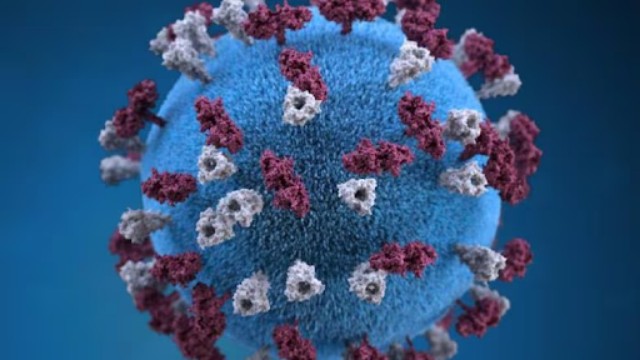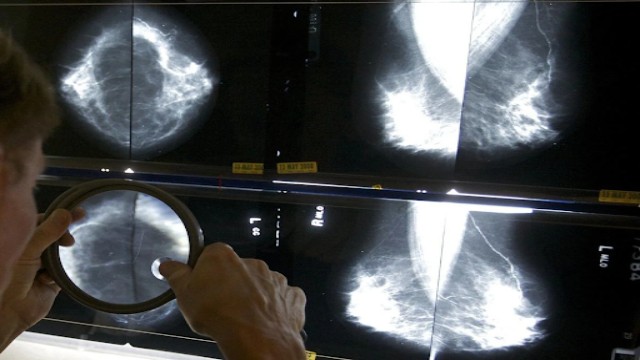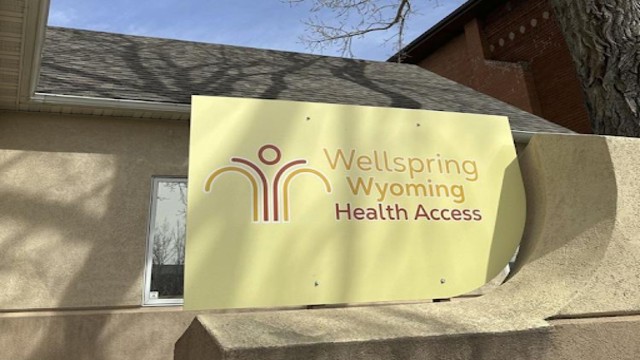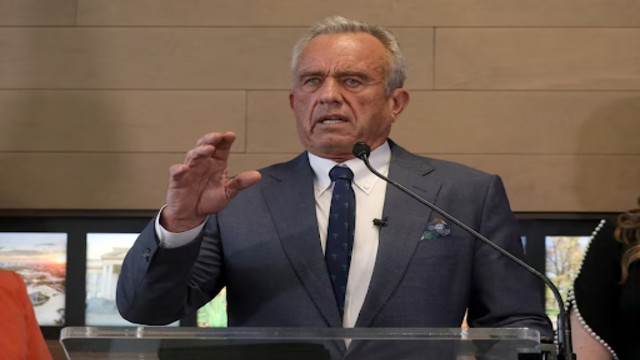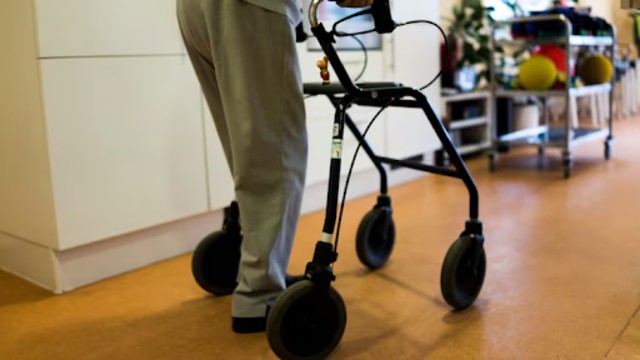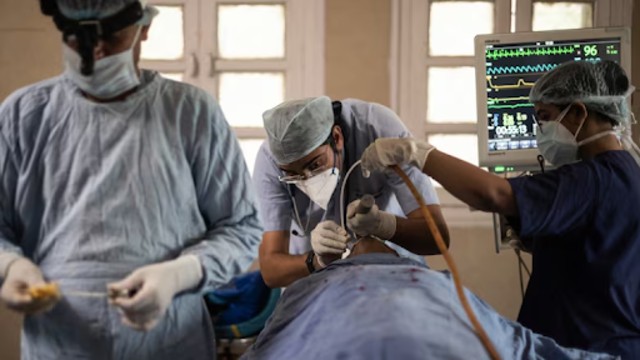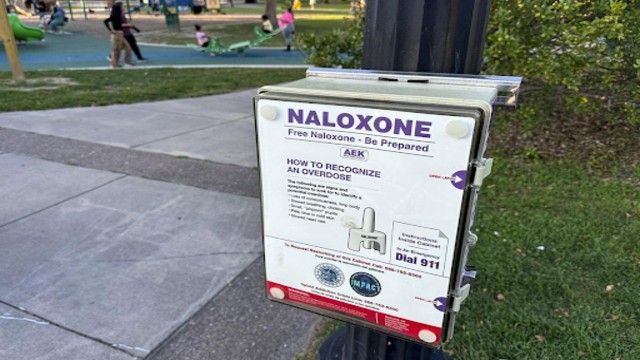
A health worker gives the Oxford-Serum R21 malaria vaccine to a child in Abidjan, Ivory Coast, on Monday, July 15, 2024. (AP Photo)
Health workers in Ivory Coast have kicked off a significant vaccination campaign aimed at protecting children from malaria, a leading cause of death in Africa. On Monday, they began administering the latest malaria vaccine, a crucial step in the fight against this dangerous disease that impacts millions every year.
Ivory Coast is the first country to roll out the R21/Matrix-M vaccine, which is designed to target malaria specifically in children under the age of two. The goal is to vaccinate approximately 250,000 young children in this campaign. This innovative three-dose vaccine was developed by researchers at Oxford University in the UK and received approval from the World Health Organization (WHO) last October.
Studies indicate that the R21/Matrix-M vaccine is over 75% effective in preventing severe illness and death from malaria within the first year. With the addition of a booster shot, this protection can last for at least another year. This development offers hope to families who are worried about the health risks associated with malaria.
One mother, Alice Kanga, expressed the importance of this vaccination for her child's health. “It’s really important for the children, for their health,” she stated while bringing her child in for the vaccine. Her sentiment reflects the growing awareness among parents about the benefits of vaccination in combating childhood diseases.
In 2021, the WHO endorsed the first malaria vaccine, Mosquirix, developed by GlaxoSmithKline (GSK). However, Mosquirix requires four doses and its effectiveness diminishes over time. Additionally, GSK has indicated it could only produce about 15 million doses annually. In contrast, the Serum Institute of India has already manufactured 25 million doses of the Oxford vaccine and aims to produce at least 100 million each year at a cost of around $4 per dose, making it more accessible to countries in need.
Malaria remains a major health issue, particularly in Africa, which accounts for over 94% of the 249 million global malaria cases and 608,000 deaths each year. The disease is primarily transmitted by mosquitoes and is especially harmful to children under five and pregnant women. This vaccination campaign represents a pivotal moment in the fight against malaria in the region.
Pierre Demba, the health minister of Ivory Coast, emphasized the government's dedication to protecting the health of its children, stating, “They are the future of our country.” His words highlight the commitment to investing in the younger generation's well-being.
Adrian Hill from Oxford University described this rollout as the beginning of a “new era in malaria control,” expressing optimism that the vaccine will soon be accessible to all African nations interested in using it. However, experts caution that while the vaccine is a significant advancement, it does not prevent the spread of malaria. Therefore, complementary measures such as insecticide spraying, effective treatments, and the use of bed nets remain essential in the fight against this disease.
In addition to Ivory Coast, other countries like the Central African Republic, Chad, and South Sudan have also received supplies of this Oxford-developed vaccine through the Gavi vaccine alliance, which assists low-income countries in acquiring vital vaccines. This collaborative effort aims to significantly reduce the impact of malaria across the continent.


